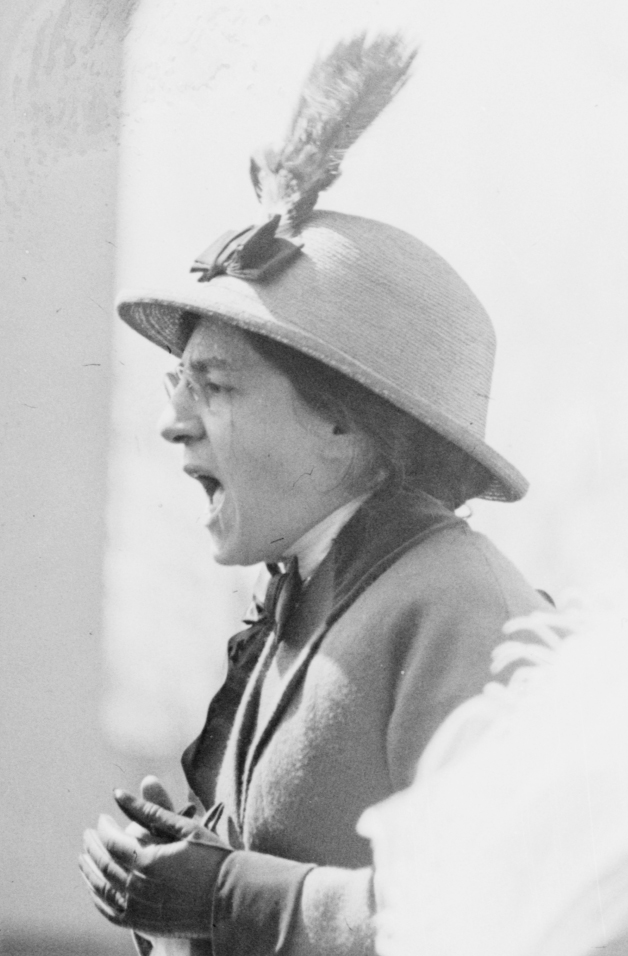Two pedagogical problems to solve
One, undergraduate students are not achieving the Ontario undergraduate degree level expectations.
Researchers from York University, Western University, the University of Waterloo and the University of Toronto (Scarborough and Mississauga campuses) surveyed faculty and students and found that neither group believes that students are graduating with core literacy and research skills.
As a result, students are not achieving the Ontario undergraduate degree level expectations.
Two, first-year student engagement in research
Pamela Walker, a history professor at Carleton University, teaches history with Reacting to the Past immersive role-playing games. Despite a high level of engagement in Reacting to the Past games such as Greenwich Village 1913, Professor Walker realized that students did not have the foundational research skills they needed to find sources related to the characters and historical period that would help them truly succeed in the games.
What is Reacting to the Past?
Students to play an historical character and use competitive team play to engage in complex historical problems.
Created by Mark Carnes, the game design is inspired by subversive play common among undergraduates (e.g., the game Assassins, party culture, athletics). To engage students intellectually and emotionally in historical problems, this pedagogy draws on:
- The same sense of identity change experienced in subversive play
- Competition
- Irrationality (e.g., leave behind the reality of the present, dress up, enjoy the energy and fun of play)
Reacting is intellectually rigorous. Students must read extensively and understand the texts in order to use those ideas to further their own goals. Each game introduces students to an array of sources of the past:
- Scholarly articles and primary source texts
- Visual images, sound, films, & art
Reacting experiences suggest that students:
- Understand themselves more fully by imagining they are someone else.
- Find failure to be the pathway to success.
- Experience strong community bonds through fierce competition.
- Embrace moral thinking.
- Acquire leadership skills by becoming team mates.
- Understand the past better by filtering it through their own present.
Enter Maud Malone
Maud was a New York City suffragette and labour organizer during the early 20th century. Maud may or may not have had friends and colleagues in Greenwich Village in 1913, but she certainly was on the scene, debating Emma Goldman in 1909 and getting arrested for interrupting President Woodrow Wilson at a political rally in 1912. More importantly, as a library worker she would know where to find good sources.
This is why Maud is now a regular character in Prof. Walker’s first-year Reacting seminar, where students play Greenwich Village 1913. Played by Carleton University librarian Martha Attridge Bufton, Maud is a creative idea and a innovative pedagogical practice. By embedding Maud in the game—rather than relegating Martha to a traditional “one shot” library research session—Martha has created a new role for librarians in the Reacting pedagogy to support the acquisition of core scholarly information seeking competencies.
